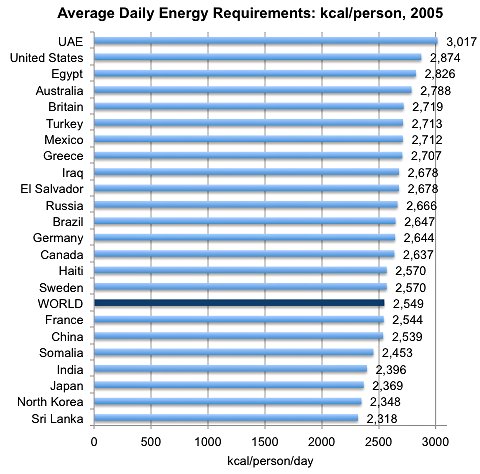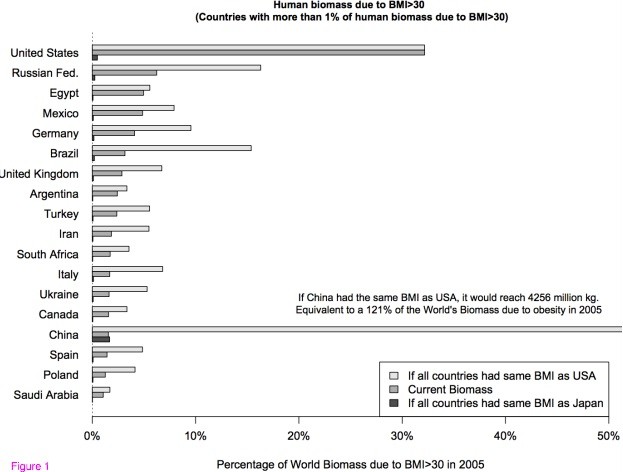Call for papers
A special issue of Networks & Spatial Economics on “Quantitative Approaches to Environmental Sustainability in Transportation Networks”
Guest Editor: Dr. W.Y. Szeto
Department of Civil Engineering
The University of Hong Kong
Pokfulam
Hong Kong
Scope and topics
Environmental sustainability is closely related to transportation, especially the road network, because vehicle emissions and noise damage the environment and have adverse effects on human health. Some of vehicle emissions are even greenhouse gases that contribute to climate change. It is therefore important to quantify their effect and take their effect into account when designing, planning, managing and controlling transportation networks. Currently, environmental sustainability is a hot topic and many efforts have been put on developing quantitative approaches and transportation network models to address environmental sustainability issues related to transportation. This special issue focuses on the recent advances of quantitative approaches to environmental sustainability in transportation networks. Topics of interest include, but are not limited to, the following:
• bike network design
• bike sharing
• car sharing
• carbon footprint
• electric vehicles
• environmental impact assessment
• environmental-friendly parking fee
• Intelligent transportation systems
• road pricing with environmental externality
• tradable credit and emission pollution permits
• traffic assignment with environmental constraints
• transit network design
• transportation network design
• vehicle emissions
• vehicle noise
You are invited to submit a full paper to this special issue of Networks & Spatial Economics with Science Citation Index (SCI).
Submission method
The length of each paper, including the abstract and references, may not exceed 10,000 words (note that each table, figure, or photograph accompanying the text counts as 250 words). The paper should submit to the online system at
http://www.editorialmanager.com/nets/
and will go through a normal peer review process. During the submission, please choose the article type “S.I: Environmental Sustainability in Transportation Networks”, and place “Sustainability SI:” in the original title of the paper. These words will be removed prior to publication.
Selection criteria and paper format
All manuscripts of high quality will be accepted for publication. Criteria for acceptance include originality, contribution, scientific merit, accuracy and readability. The final paper format must follow the standards found in Networks and Spatial Economics:
http://www.springer.com/economics/regional+science/journal/11067
Submission of full paper due: October 15, 2012
Feedback from first-round reviews issued: February 15, 2013
Revised manuscripts due: April 15, 2013
Feedback from second-round reviews issued (if needed): June 15, 2012
Final manuscripts due: August 15, 2012
Planned publication: early 2014
Inquires
Inquires should be directed to
Dr. W.Y. Szeto
Email: ceszeto@hku.hk
Tel: (852) 28578552

